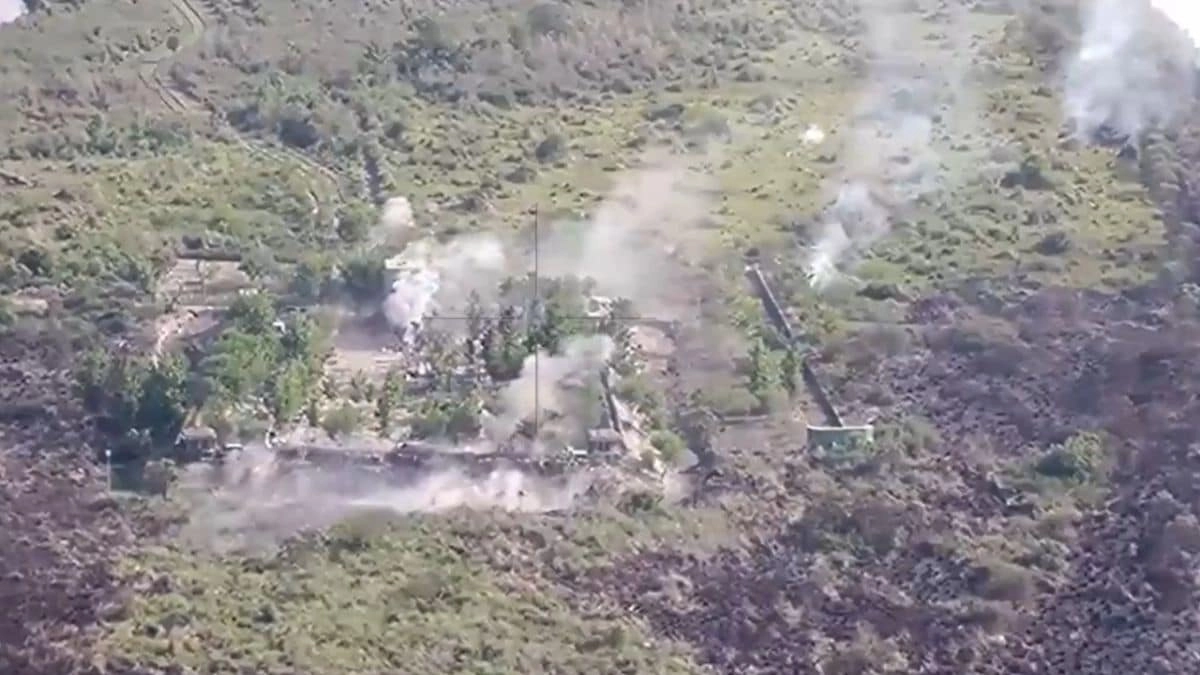Tahawwur Rana, a Canadian citizen of Pakistani origin, is anticipated to be lodged in Tihar Jail upon his arrival in India. Rana is known for his alleged involvement in the 2008 Mumbai attacks, a series of coordinated terrorist assaults that resulted in significant loss of life and widespread devastation. The Indian government has long sought his extradition, as it believes he played a critical role in supporting the attackers through logistical and operational assistance. This anticipated move to Tihar Jail marks a crucial development in India’s ongoing efforts to hold accountable those implicated in the horrific events of November 26, 2008.
Rana’s extradition comes after a lengthy legal battle and considerable diplomatic negotiations between India, the United States, and Canada, highlighting the complexities of international law and counterterrorism efforts. The U.S. had previously arrested Rana in 2009, and he was later sentenced for providing material support to a terrorist organization. However, he was released from U.S. custody in 2020 after a ruling determined insufficient evidence for his direct involvement in the Mumbai attacks. Despite this, India’s authorities are determined to pursue charges against him and assert that his extradition is crucial for justice and national security.
The impact of Rana’s detention in Tihar Jail could be significant, not just for the victims of the Mumbai attacks but also for regional security in South Asia. His presence in Indian custody may lead to new insights into the operational workings of terrorist groups and their networks, potentially aiding law enforcement in preventing future attacks. Furthermore, it underscores India’s commitment to combating terrorism and its resolve to seek justice for acts of violence that have shaken the nation. As Rana prepares to face the Indian legal system, the eyes of both domestic and international observers will be focused on how this case unfolds and what it means for the ongoing fight against terrorism in the region.




